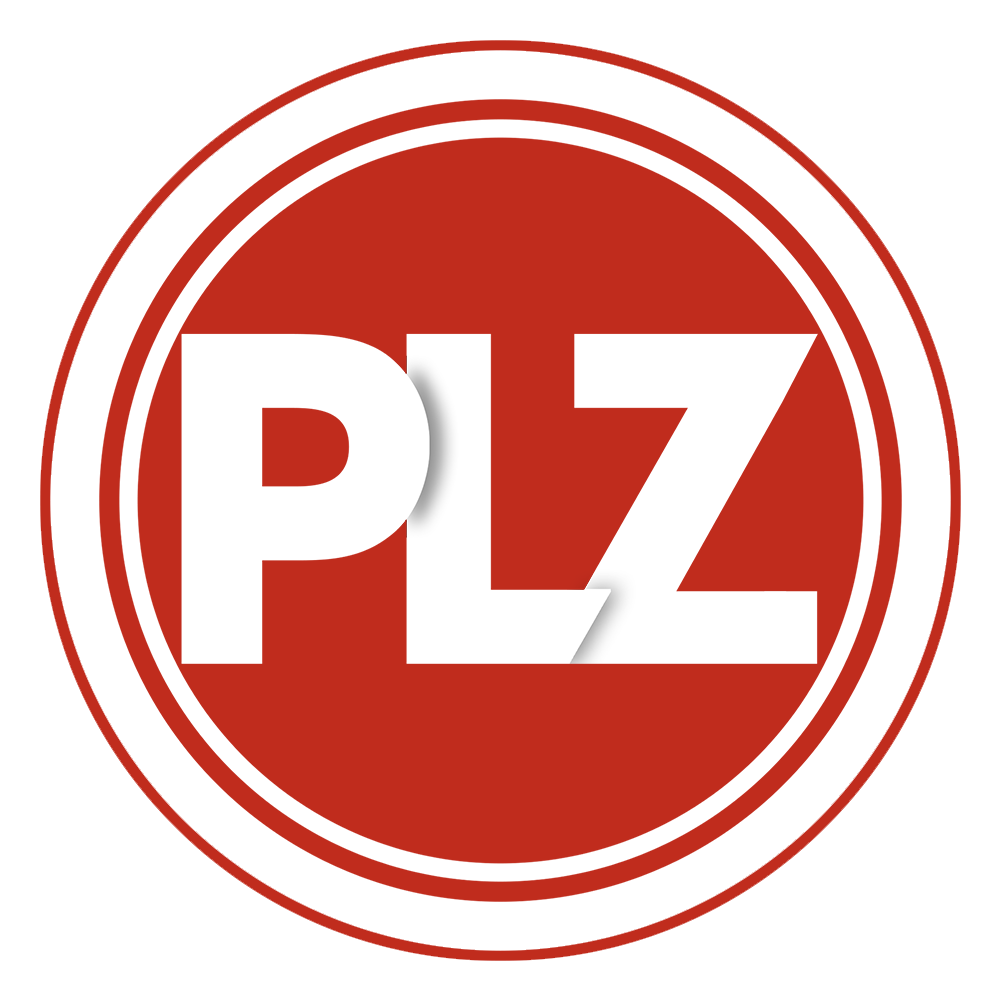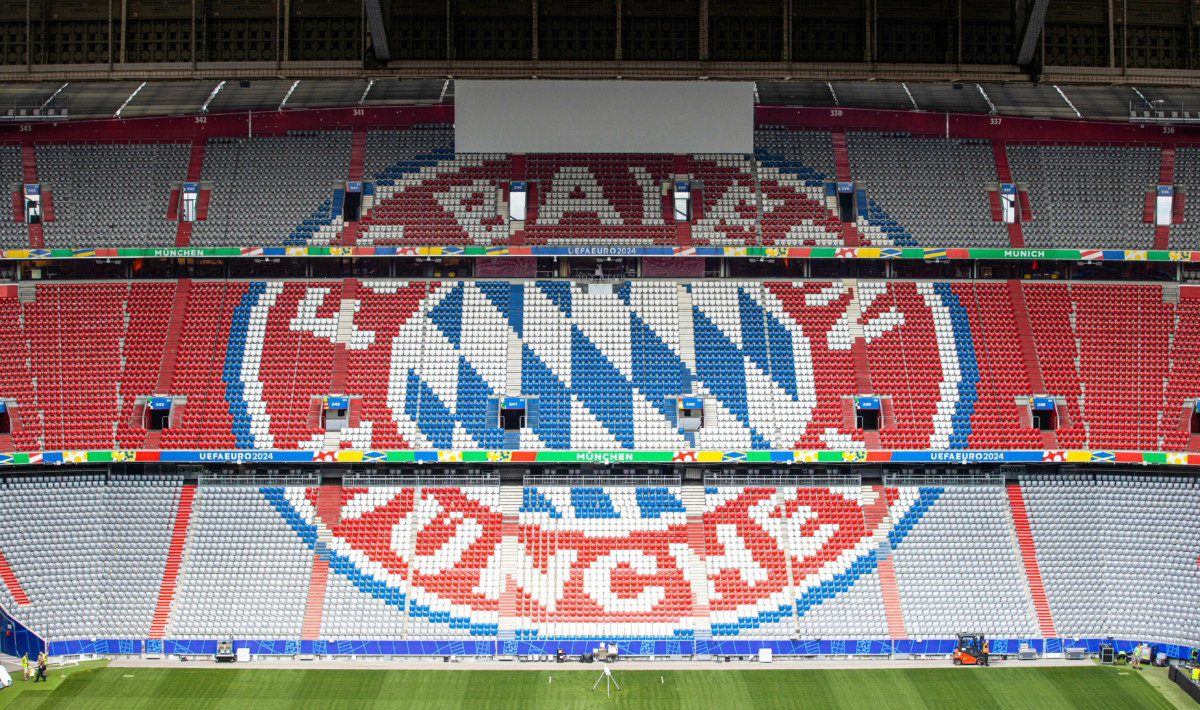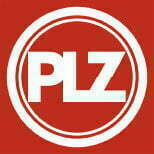Scotland will visit Munich, Cologne and Stuttgart for the group stages of EURO 2024 as Steve Clarke’s side bid to reach the knockout stages in Germany.
Here PLZ Soccer profiles each stadium the Tartan Army will be visiting as they back the Scots in their quest for glory.
ALLIANZ ARENA – MUNICH

The Allianz Arena – home to Bayern Munich – has a capacity of 66,000.
The stadium was originally built alongside rivals 1860 Munich. The arena in it’s current form was opened in 2005, with Bayern Munich now holding full ownership of the stadium.
One of the most famous games played at the stadium in Munich was the 2012 Champions League Final, when Chelsea beat Bayern on penalties.
This summer it will play host to four group stage games, as well as one last 16 tie and one Semi-Final.
The Allianz Arena will the first in history to host games in consecutive EUROS after holding three matches at EURO 2020, all involving Germany.
RHEIN ENERGIE STADION – COLOGNE
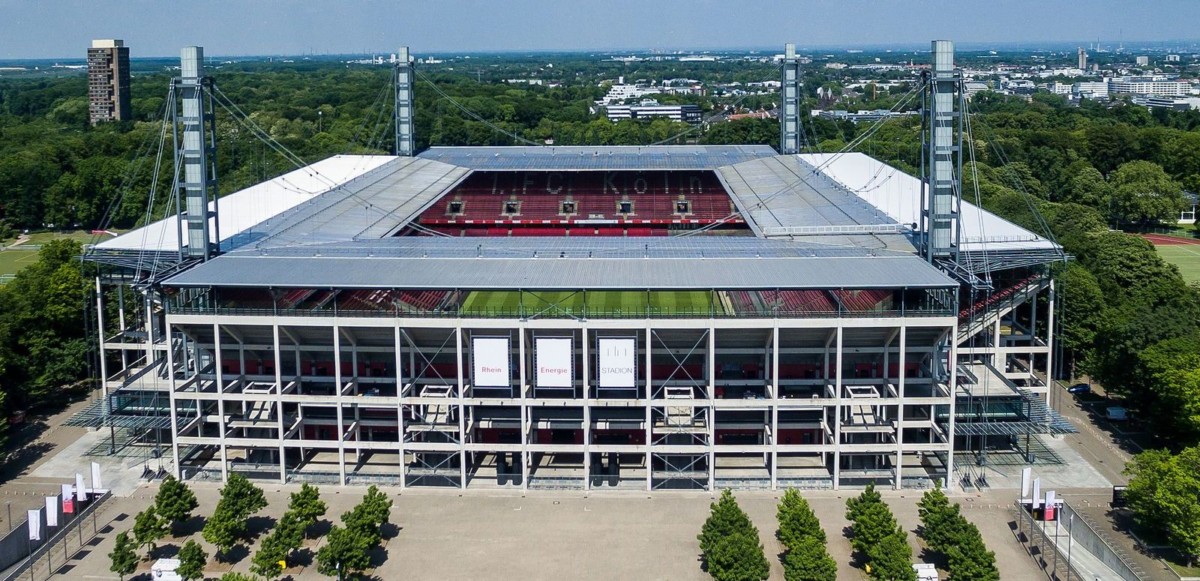
The Rhein Energie Stadion, home to F.C Koln has a capacity of 50,000. It was rebuilt to host matches during the 2006 World Cup.
The stadium is the regular host of the German Women’s Cup Final as well as other sports including ice hockey and American football.
The stadium will play host to four group stage games, as well as one last 16 round match.
It’s the third venue to be built on the same site, the first being the Sportpark Mungersdorf, which was completed in 1923.
The Mungersdorfer Stadion opened in 1975, hosting two games at the 1988 UEFA European Championship.
STUTTGART – MHP ARENA
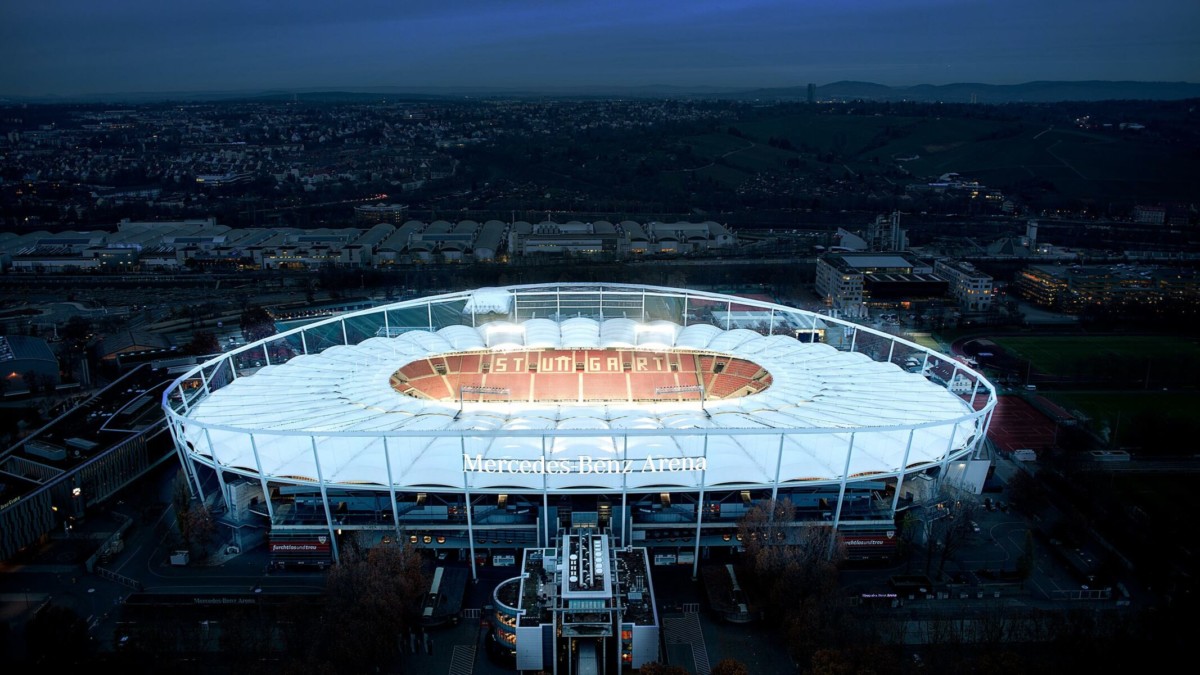
The MHP Arena holds 51,000 fans and is home to VFB Stuttgart.
The stadium played host to the 1998 European Cup Final, as well as a 2006 World Cup third place play off game.
Once known as the Neckarstadion, it staged games at the 1974 and 2006 FIFA World Cups, the 1988 UEFA European Championships and two European Cup Finals – Real Madrid’s win over Reims in 1959 and PSV’s 1988 win against Benfica.
The stadium in his current form was completed in January of this year, making it one of the most modern football stadiums in Europe.
The stadium itself has been modernised several times since first being built in 1993.
This time round the arena will take centre stage for three group stage games, one play-off tie, as well as the Quarter-Final.
